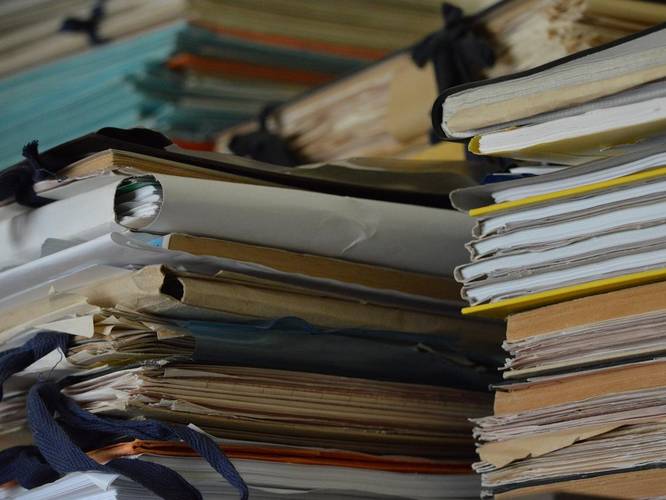The Slovenian Water Agency (DRSV) violated the principle of good administration by failing to respond to a complainant's letters addressed to it between November 2023 and June 2024. It provided the complainant with verbal explanations by telephone and also announced a written response, but did not implement the announced response. In the end, it only responded in writing, but this required the intervention of the Human Rights Ombudsman of the Republic of Slovenia (Ombudsman).
* * *
The complainant contacted the Ombudsman with a complaint about the unresponsiveness of the Ministry of Natural Resources and Spatial Planning (MNVP) and the DRSV to his letters regarding the issue of the lack of rehabilitation and flood protection measures on the Middle Sava, Medno–Roje section. The complainant first contacted the DRSV several times, but since he did not receive a response, he also contacted the MNVP with a letter, which allegedly did not respond to him either. The complainant's attempts to obtain appropriate explanations by phone were also unsuccessful due to the DRSV's unresponsiveness.
The Ombudsman contacted the DRSV and the MNVP with inquiries, and assessed the latter's response as adequate. The MNVP confirmed that it had received the complainant's letter on 30 October 2024, recorded it, and then on 18 November 2024 referred it to the DRSV for competent resolution and informed the complainant thereof. The Ombudsman was therefore unable to confirm the allegation of the MNVP's lack of responsiveness.
In its response, the DRSV indirectly confirmed that it had not responded to the complainant's letters. It explained that due to the extensive floods in August 2023 and the resulting numerous letters received, it was unable to respond to all the letters received, as it was trying to respond to the most critical issues that could endanger lives and property. It was aware of the issues raised in the complainant's letters, and assessed that the consequences of high waters in the area of the settlements of Vikrče and Medno were not among the most threatening. Regardless of the above, it was supposed to take the complainant's complaints and proposals into account, which was supposed to be evident from the damage inventory in the AJDI and in the planning of rehabilitation measures following the floods. On 3 March 2025, the complainant was informed in a written response of the aforementioned circumstances and the further plan for resolving the fundamental issue for which he had contacted the DRSV.
The Ombudsman welcomed the fact that the DRSV had finally responded to the complainant's letters, but also understood that the floods in 2023 undoubtedly affected the operations of numerous authorities, of which the DRSV certainly appears to be one of the most under pressure in terms of substantive jurisdiction. Regardless of the above, in the Ombudsman's assessment, from the perspective of the principle of good administration, the DRSV would nevertheless be expected to respond at least to some degree in writing to the letters received, even if not all the information is known at a certain point in time. The DRSV responded to the complainant's letters only after the Ombudsman's inquiry, so the question of whether it would have done so without the Ombudsman's intervention remains. The Ombudsman thus considered the complaint in question to be well-founded and found a violation of the principle of good administration. The Ombudsman believes that his intervention should not be necessary for the authorities to respond appropriately. 17.0-4/2025

![[Translate to English:] Kupi dopisov nakazujejo zaoszanek pri odgovajranju na vprašanja pobudnikov](/fileadmin/_processed_/8/d/csm_documents-3816835_1280_245eff0b13.jpg)